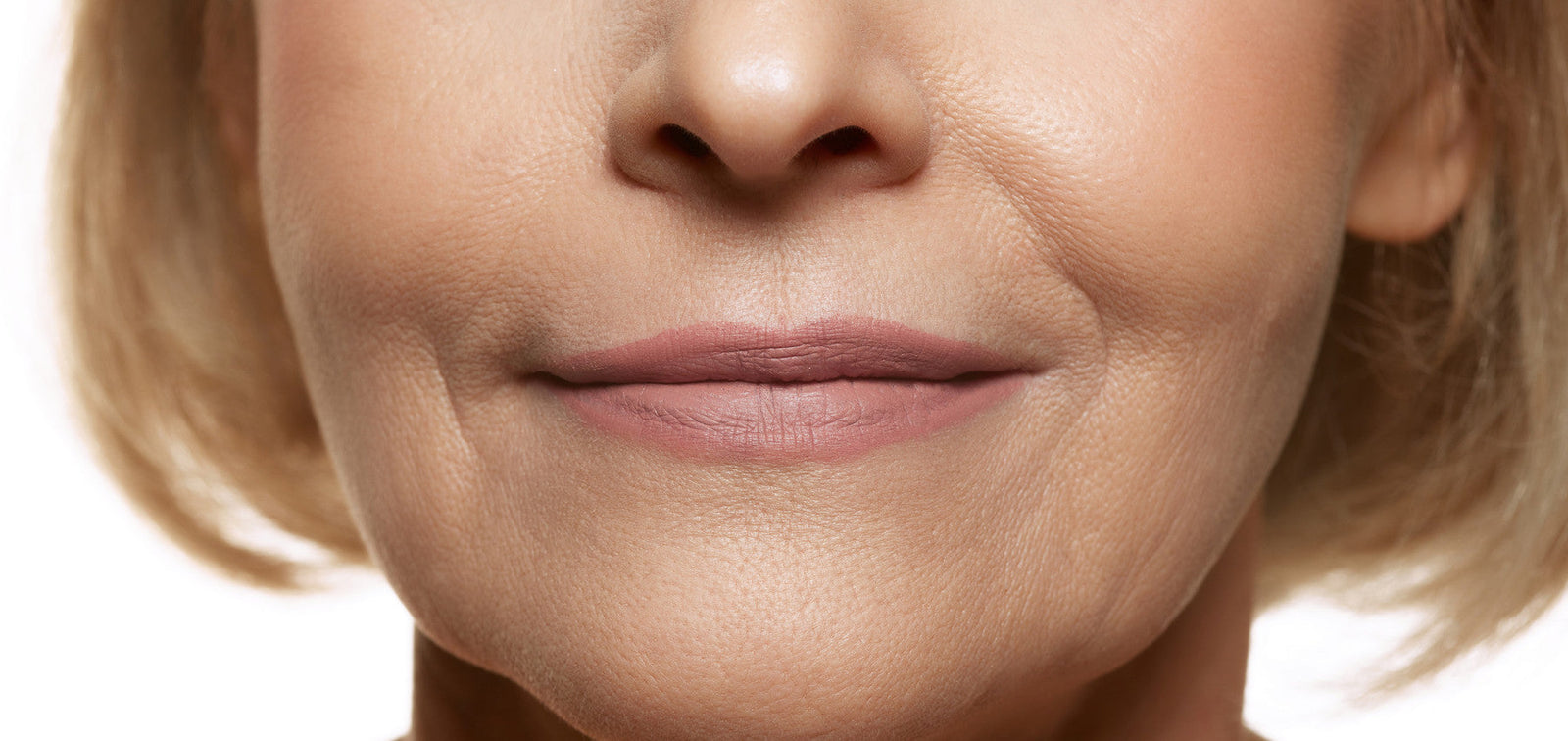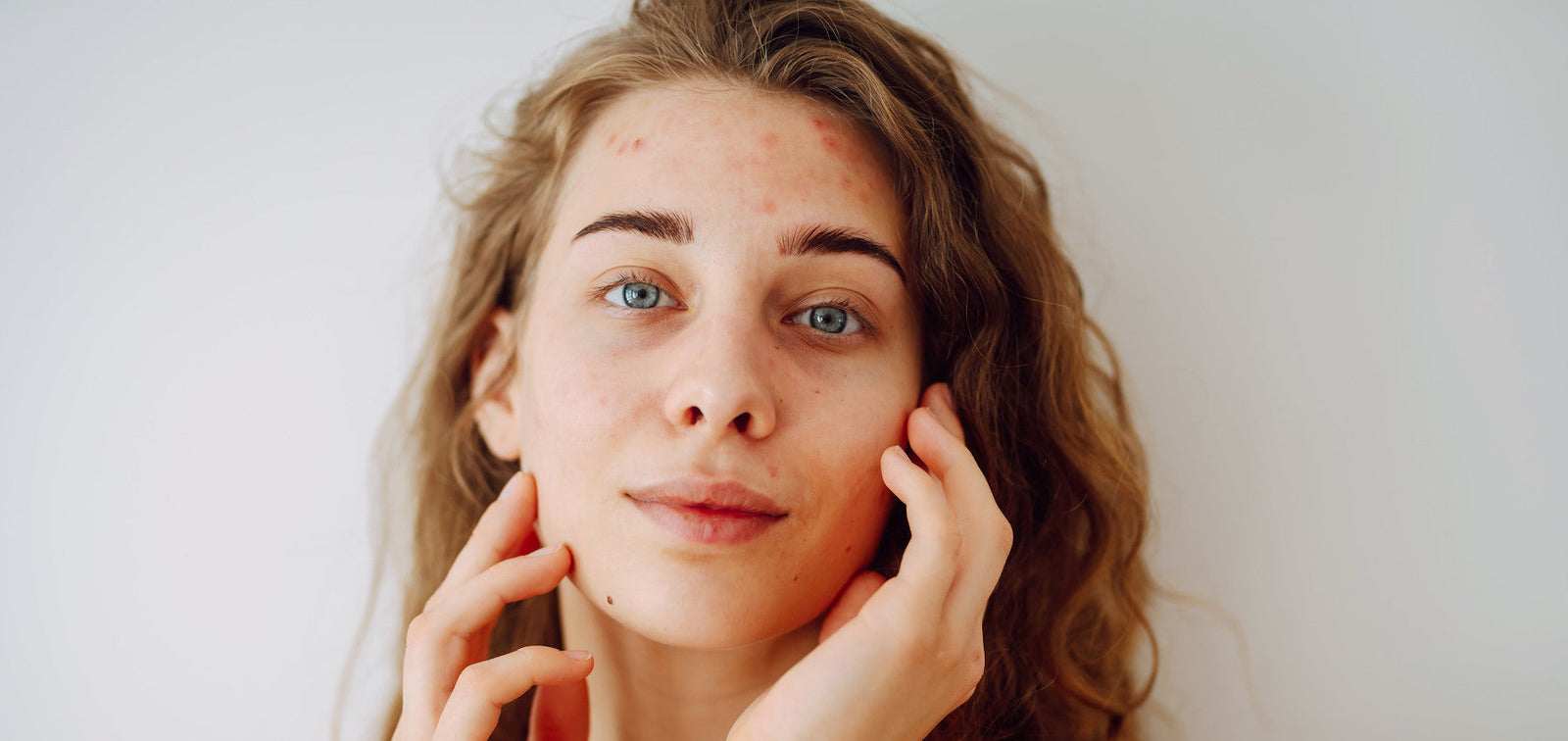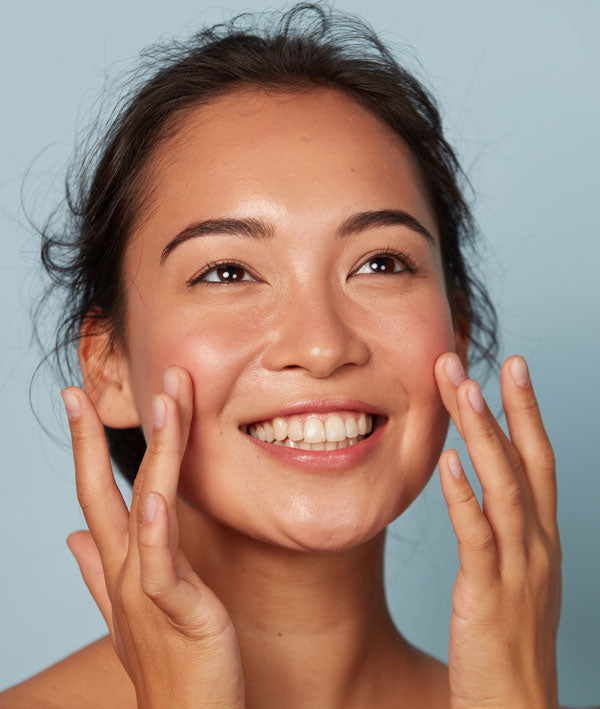Given its overwhelming popularity, clean beauty is clearly here to stay. However, many customers are still fuzzy on what clean actually means. We’re here to define clean skincare once and for all, and to equip you with the knowledge you need to seek out the best clean products on the market.
Defining "Clean" Skincare
In a nutshell, clean skincare refers to formulas that are made to be safe for you and the planet. At its core, this includes omitting certain ingredients that may be harmful (to an individual’s health, the environment, or both), and instead using the power of non-toxic ingredients to transform and support the complexion.
Keep in mind that clean products don’t need to be made with 100% natural ingredients. Clean formulas can feature either natural or synthetically made ingredients. In fact, many clean beauty companies choose to use both. So long as the ingredient is safe for your health and the environment, it can be used in clean skincare – regardless of its origins.
What are the Key Principles of Clean Skincare?
The main idea behind clean skincare is that formulas must be free of potentially damaging ingredients. The term “clean” isn’t regulated, but there are a few key ingredients that are typically considered to be no-gos when it comes to clean formulas – we’ll talk about the biggest culprits below.
Additionally, while it’s not a hard and fast rule across all clean skincare brands, many companies choose to follow sustainable production practices to ensure the environment is kept in mind from start to finish. For example, at Small Batch Serums, we craft clean, cruelty-free face serums in smaller batches, which is more environmentally friendly than producing larger batches of products.
Common Harmful Ingredients to Avoid in Skincare
Since clean isn’t a regulated term, it’s important to keep an eye out for certain ingredients to ensure a formula istrulysafe. Here are few of the most commonly used toxic skincare ingredients to avoid:
Focus on Natural & Organic Ingredients
Not all clean skincare formulas are created equal. When it comes to these products, there’s a lot of emphasis on what is not included in the formula, but you also need to pay close attention to the ingredients that are being used. While clean beauty formulas can feature synthetic ingredients, the most effective products tap into the power of natural and organic ingredients that support skin health without causing adverse effects.
At Small Batch Serums, our clean, fragrance-free products are made with high concentrations of the best quality natural ingredients for optimal results. As it says in the name, these dermatologist tested and approved formulas are produced in small batches, which simply means they are produced in smaller quantities more frequently. This allows for the use of the freshest, most potent ingredients – without the need of harsh artificial preservatives or other fillers that do nothing to serve the skin.
Sustainable Practices
As mentioned, sustainability is also often a core principle of clean beauty brands. As an example, Small Batch Serums takes a more sustainable approach in the production process by making our formulas in smaller batches. This not only leads to less waste, but also has a lower carbon footprint compared to traditional cosmetic manufacturing processes, since fewer machines are needed. The result? Higher-quality, clean products that are made with the environmental impact in mind.
Whether you need to quench your skin with a hydrating serum or protect and brighten your complexion with a vitamin C serum, Small Batch Serums is here to help you achieve your skincare goals with science-backed, potent formulas. Our rigorously tested products are thoughtfully made with clean ingredients to ensure you can get the results you are after without having to compromise on safety.






